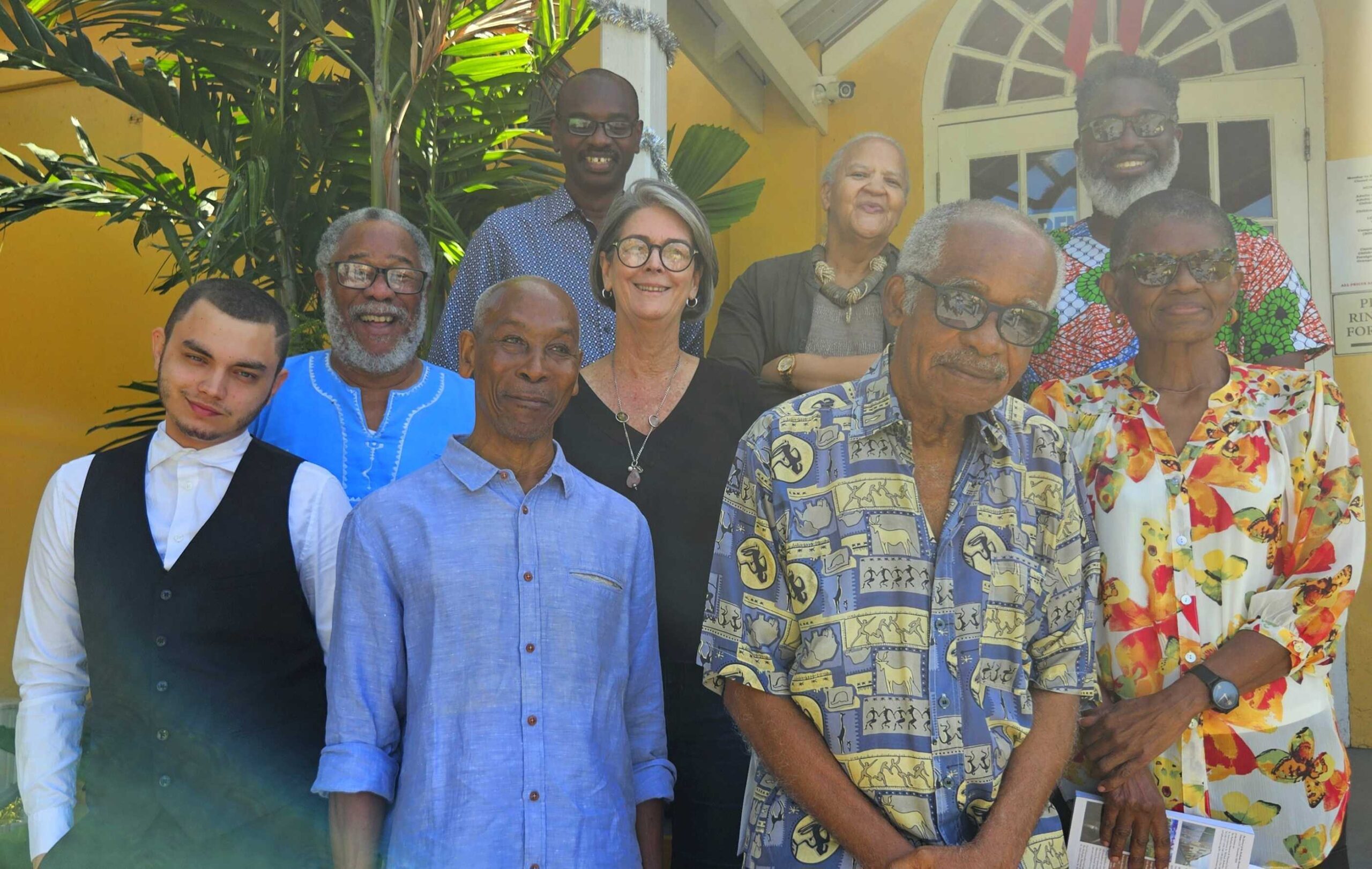The Journal of the Barbados Museum and Historical Society has unveiled its 70th edition, celebrating the milestone as a vital contribution to national development.
During the launch at the historical society’s Dalkeith, St Michael headquarters on Tuesday, Historian Dr Henderson Carter, chair of the historical society’s publications and public programming committee, described the Journal as a cornerstone for fostering a knowledge-based economy.
First published in 1933 when the society was founded, the Journal is one of the longest-running of its kind in the Caribbean, documenting Barbados’ social, natural, archaeological, architectural, and genealogical history and heritage.
Dr Carter emphasised that the Journal represents “knowledge for nation-building” and offers tools to drive progress across various sectors of Barbadian life.
“It’s not knowledge for knowledge’s sake but knowledge for the building out and development of our nation,” he said.

The 70th edition of The Journal of the Barbados Museum & Historical Society.
Highlighting articles in the 70th edition, Dr Carter pointed to pieces on the history of the former Pelican Island, the evolution of Barbadian villages, and the decommissioning of Glendairy Prison as examples of how the Journal serves both historical preservation and practical application.
You Might Be Interested In
He said: “They are now trying to revive the Pelican experience . . . this journal provides the ammunition for us to create pamphlets, stories about Pelican Island; stories that could enhance the overall project,” Carter explained. “The piece on villages should be read by tour operators, by taxi men so they could give pieces of information to visitors when they come. But not only to visitors, to villagers themselves who live in the villages and do not know the origin of them . . . This is how we can create a knowledge economy and a knowledge society, using the journal . . . to build our nation.”
Dr Carter also encouraged Barbadians to read and write more during their leisure time, particularly those in influential roles such as politicians and social commentators.
President of the society, Professor Justin Robinson, praised the authors for their informative and insightful work, describing their contributions as a “time machine, mirror and a map rolled into one”. He added that the journal stands as an important and useful testament to the island’s rich history. (SZB)


 English (US) ·
English (US) ·